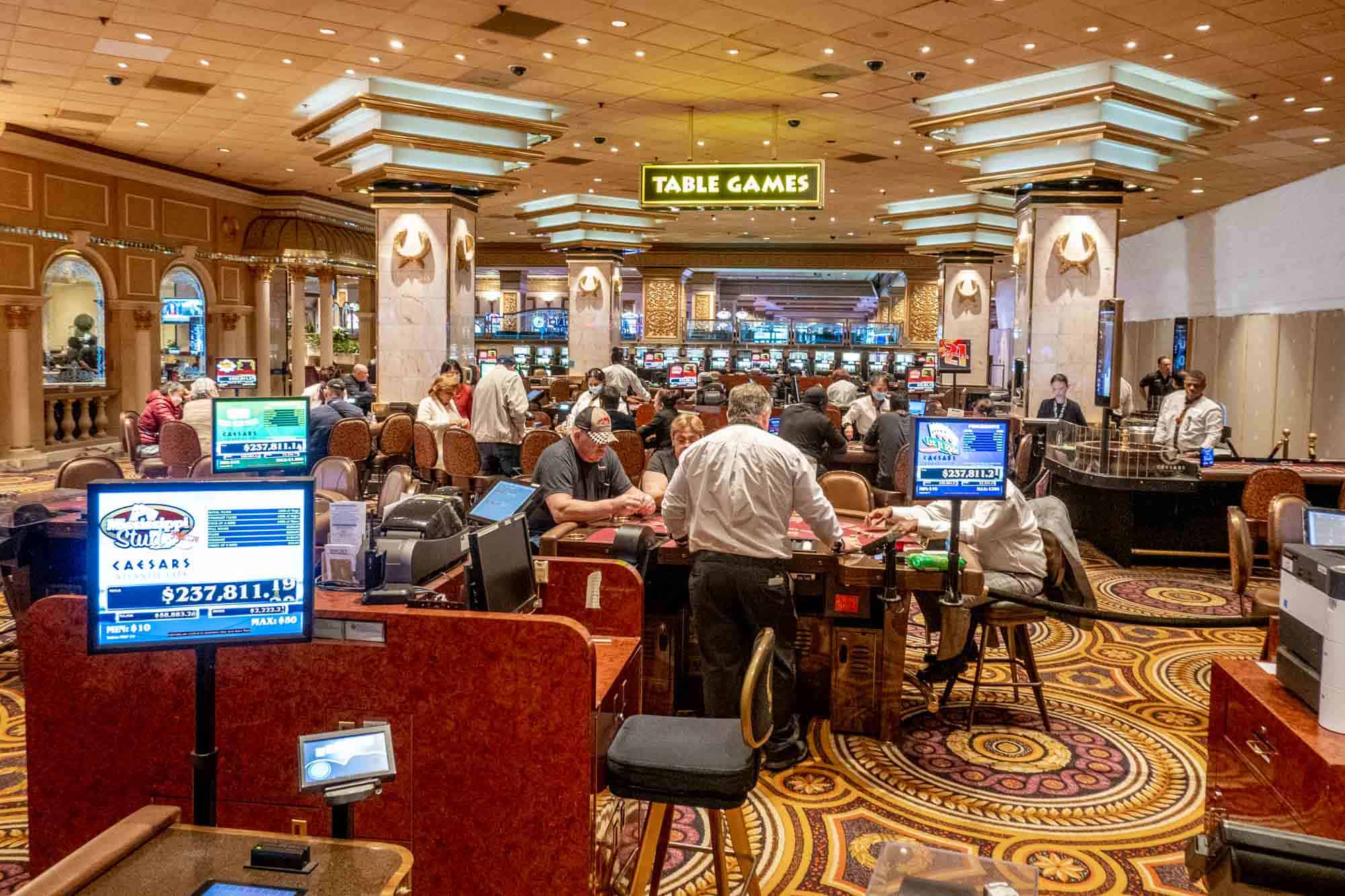
When we think of gambling activities, the first pictures that often cross our minds are those of spinning wheel wheels, card chips clattering on fabric tables, and dice flying across a betting area. While many consider these games as mere pastimes fueled by luck, a deeper exploration reveals a captivating blend of strategy, skill, and social engagement that elevates them far beyond simple luck. Whether you are a experienced player or a inquisitive newcomer, grasping the subtleties of these games can significantly enhance your enjoyment and appreciation.
Casino activities have developed over centuries, with various cultures contributing to their rich backgrounds and different forms. From the intricate tactics of blackjack to the bluffing tactics in poker, players engage in a contest of wits as much as a risk on numbers. This dynamic interplay between luck and expertise creates a exciting atmosphere that draws millions to casinos worldwide. As we delve into the world of table games, we will uncover the strategies that can shift the odds in your advantage and the social elements that make these games a favored choice for entertainment and engagement.
A Strategy Behind Casino Gaming
Casino games frequently involve a blend of ability and chance, making them fascinating for players who like a challenge. TD88 Every title has its unique set of guidelines and tactics that can influence the results. For instance, in titles like blackjack, participants are required to use tactics like counting cards and grasping the odds to make informed decisions. This skill set can significantly improve the winning potential, distinguishing experienced players from novices who may rely solely on luck.
In contrast, games such as the roulette may seem to be purely based on chance, but strategic thinking can also play into play. Players can choose between different wagering strategies, such as the Martingale system, in which they raise the wagers after a loss. This approach can establish a more controlled way to the game. Understanding the probabilities of specific wagers can also help participants make smarter decisions on the roulette table, showcasing that even in titles of luck, strategy can enhance the enjoyment.
Furthermore, poker stands out as a title that strongly focuses on tactics. In contrast to most casino titles, the game of poker merges ability, mental acuity, and luck. Players must also focus on the cards they are dealt but also consider their rivals’ behavior and wagering patterns. Mastering principles like position, pot odds, and reading bluffing is essential for winning. This complexity of strategy in the game of poker often leads to a more engaging experience for participants, where their decisions and skills significantly impact the match’s outcome.
Grasping Chance and Ratios
In the realm of gambling games, probability and odds hold a crucial role in deciding a gambler’s possible consequences. Every match has its own set of rules that dictate how the probability of winning or losing is calculated. For example, in games like blackjack, participants have a opportunity to influence their ratios through tactics, whereas in games like roulette, the outcomes are exclusively governed by chance. Comprehending how these probabilities are calculated can greatly affect how a gambler tackles the game.
Odds are typically shown in two formats: fractional and numeric. Ratio odds indicate the ratio of the amount won to the sum bet, whereas decimal ratios show the overall return for a successful bet, which includes the initial bet. For instance, if a match has ratios of 5 to 1, this means that for every one unit bet, a gambler could gain five dollars if successful. Learning how to understand these odds allows gamblers to assess their possible winnings and make more wise choices during play.
Gamblers should also be aware of the house edge, which is the casino’s inherent advantage over the gamblers. Each match has a distinct advantage, and comprehending this idea is important for managing one’s expectations and funds. Activities with a lower house edge, such as 21 and chemin de fer, typically offer better odds for players compared to games like slot machines and lottery. By understanding the relationship between chance, odds, and the house edge, players can enhance their gambling experience and strategize more effectively.
The Exciting Aspect of Casino Table Games
Casino games at gaming establishments are often seen as a center of community engagement, drawing participants together in a collective experience that extends far beyond the mere act of gambling. The atmosphere at a blackjack table can be electric, with players engaging not only with the game itself but also with one another. Joy, excitement, and, sometimes, friendly banter create connections that improve the overall enjoyment of the gaming experience. This communal aspect can turn a alone endeavor into a lively gathering, making casino games particularly enticing.
One of the intriguing elements of table gaming is the way it fosters camaraderie among players. Whether it’s collaborating to defeat the dealer at a dice table or exchanging tales between hands in a poker game, the environment encourages interaction. Players often share advice or tactics, creating a sense of togetherness that boosts the fun. This social dynamic can make new players feel welcomed and less daunted by the competitive nature of gaming. As the game continues, friendships may form, leading to a sense of connection that keeps players returning to the table.
Moreover, the social aspect of table gaming extends beyond just the participants. Dealers play a vital role in encouraging interaction and maintaining the flow of the game. Their ability to engage gamblers with warm dialogue and their expertise in managing the table can create an inviting atmosphere. This connection between participants and staff adds another layer of enjoyment, where gamblers feel bonded not only to one another but also to the staff. Such interactions are often what make the experience unforgettable, as players leave with stories to tell and relationships made, reinforcing the notion that table games are truly about something greater than luck.
